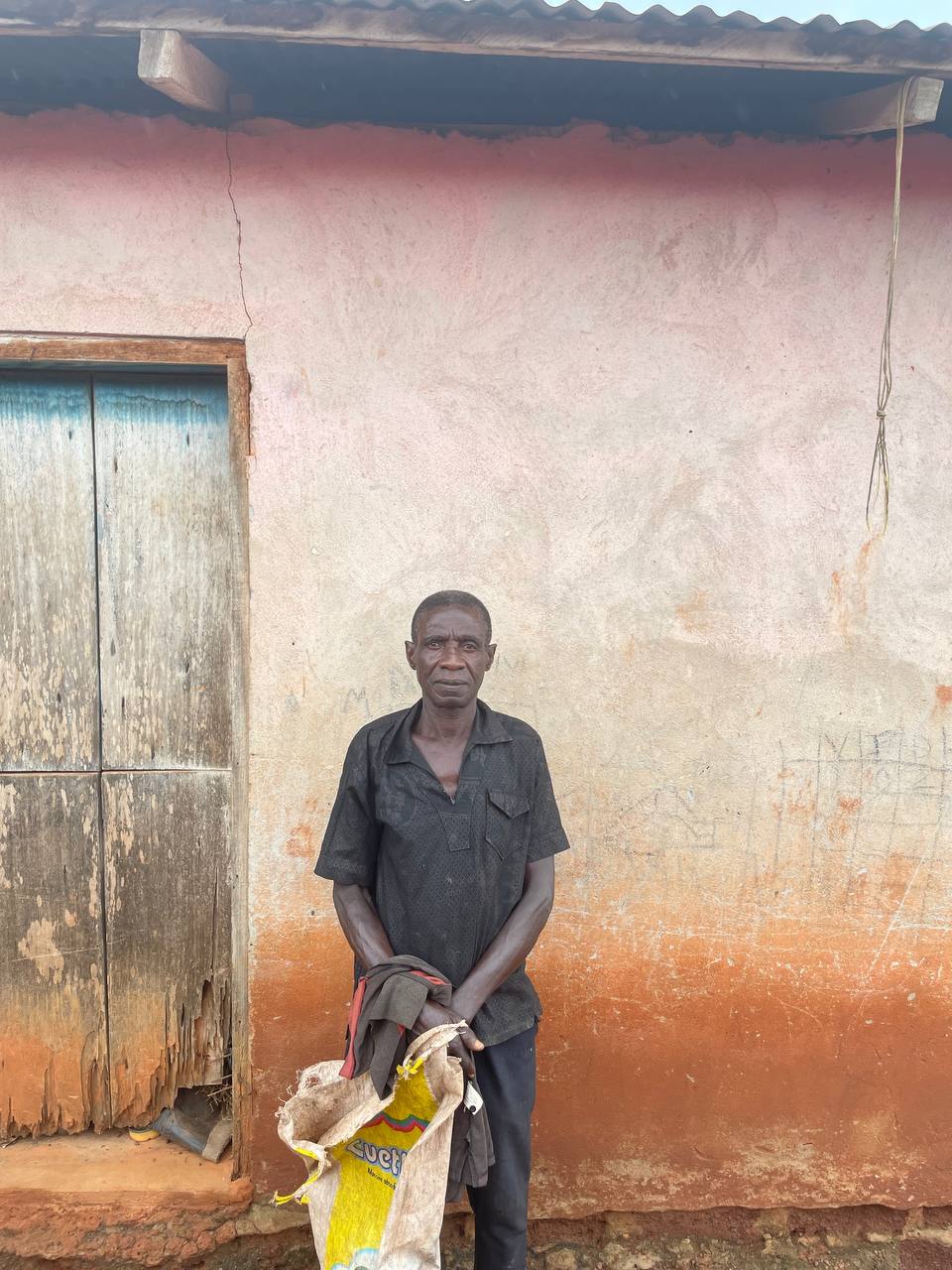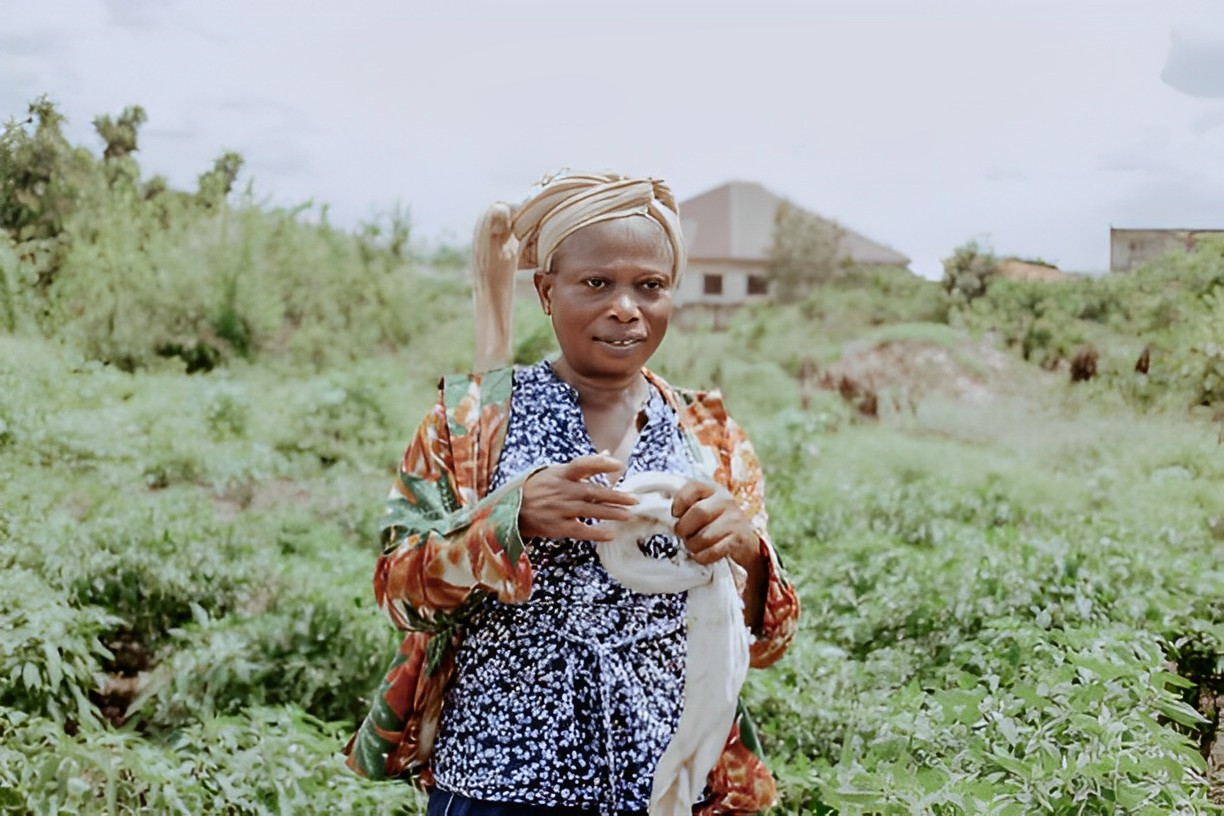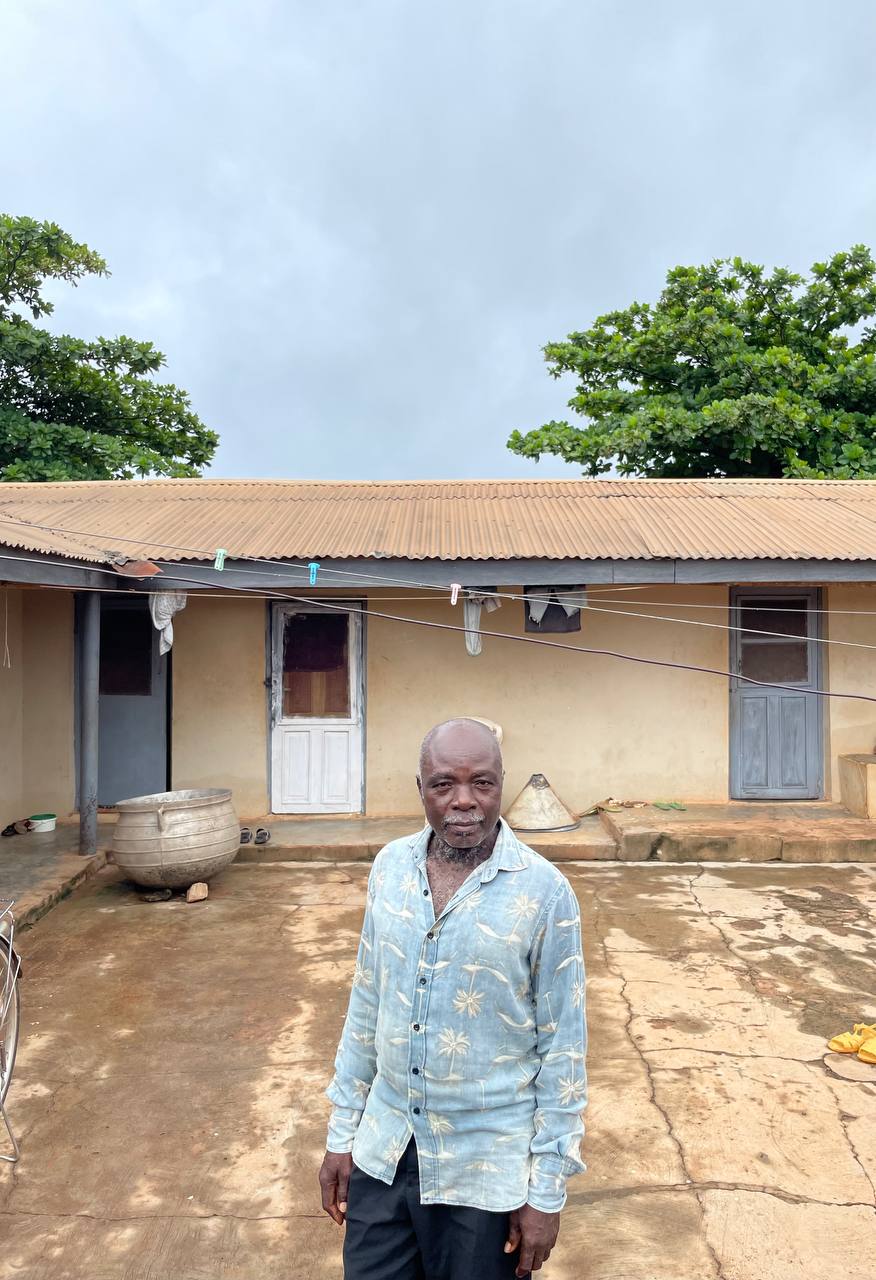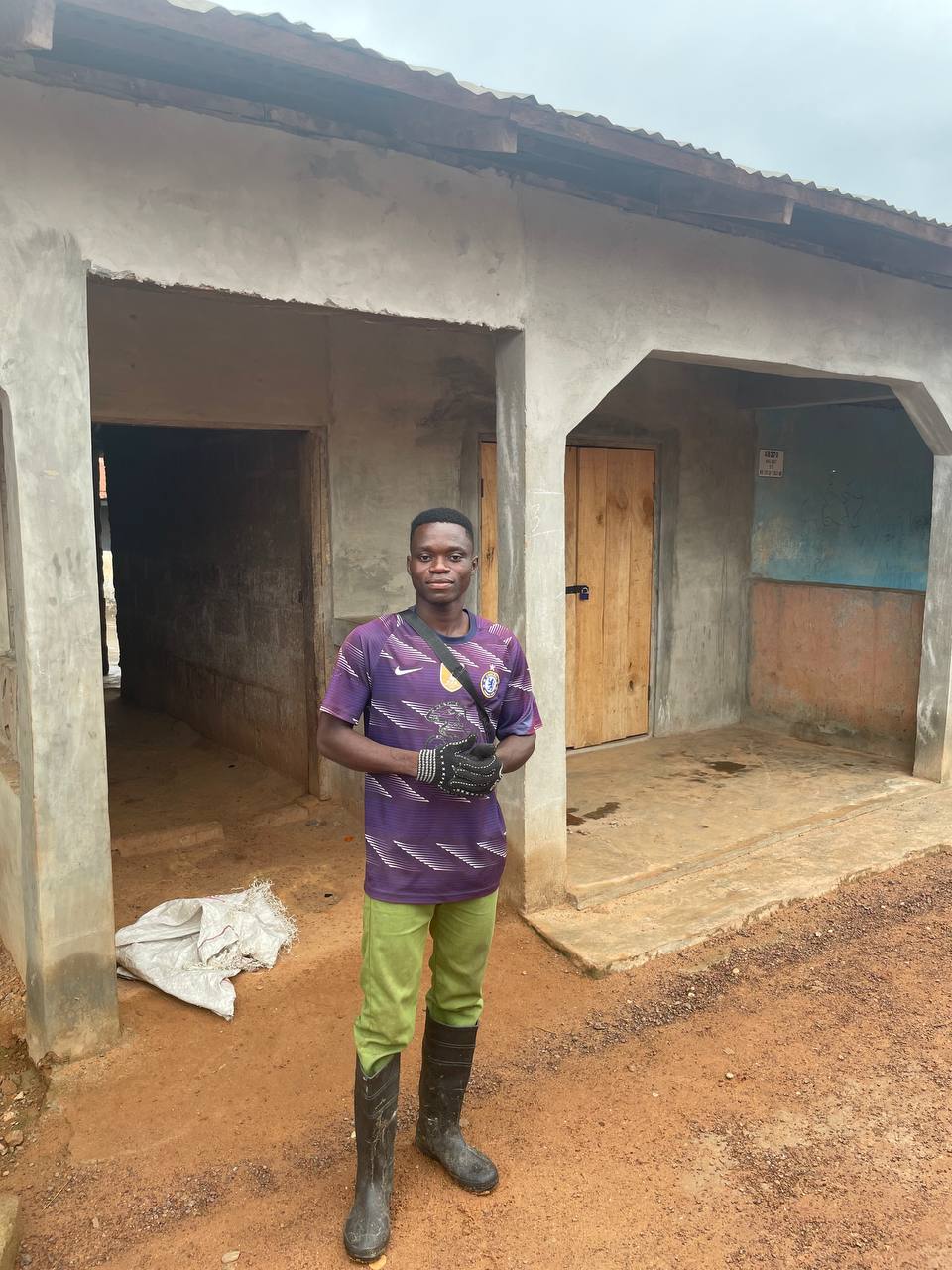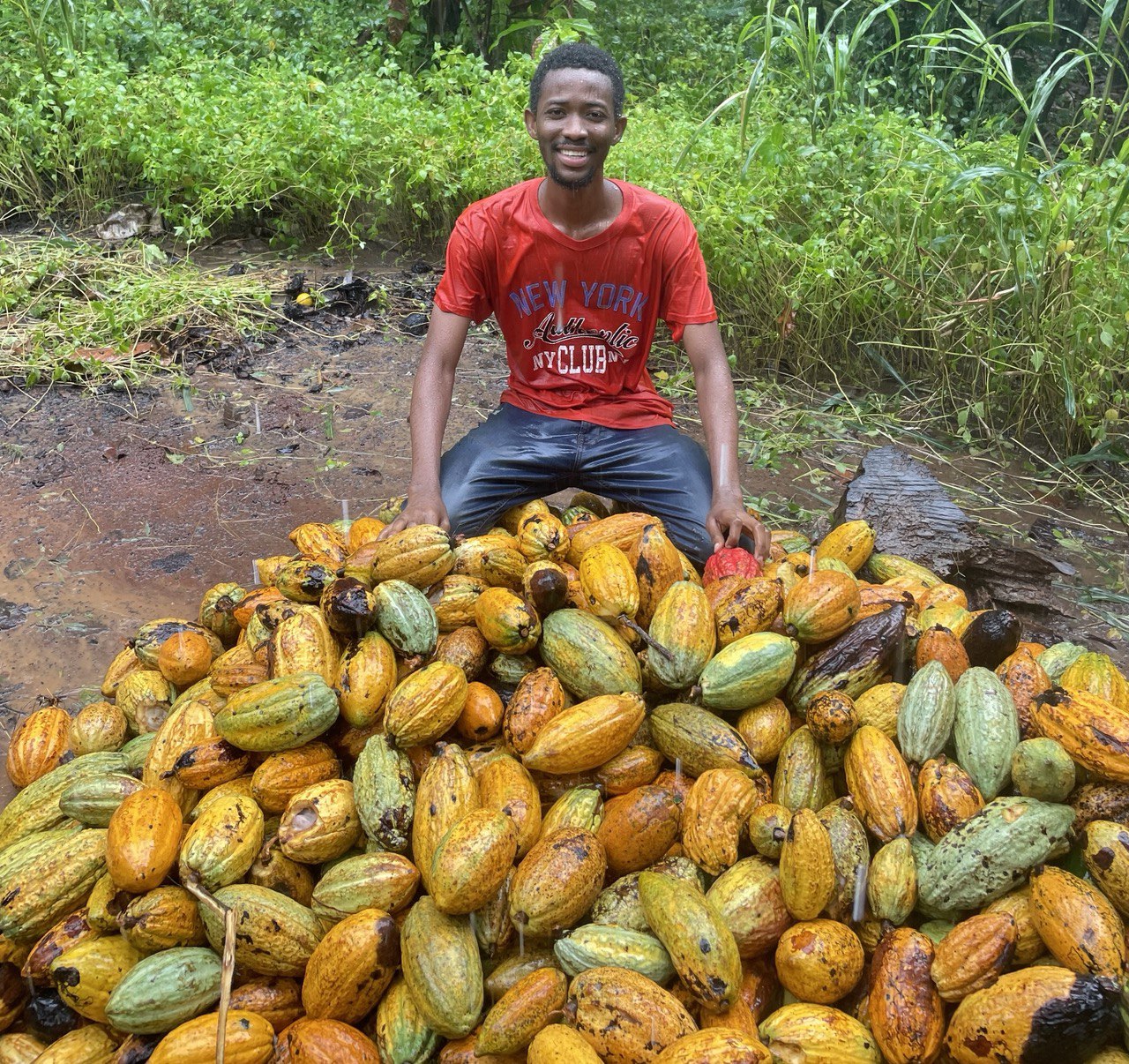
Malik Mustapha, a cocoa farmer and recognized youth leader in his community, combines his passion for research, community building, and technology to solve problems and assist those around him. He is particularly fascinated by the complexities of infectious diseases, especially those caused by environmental factors. After graduating from Presbyterian Boys’ Secondary School, Malik dedicated gap years to volunteering, doing internships, conducting research, taking online courses, and nurturing his siblings, all of which have prepared him for the demands of college and life afterward. In his free time, he enjoys networking with people of his community, doing Wordles, writing code, caring for his rabbits, and immersing himself in classical music. Seeing the prevalence of environmentally triggered illnesses in his home country of Ghana, Malik has educated the public about the causes and prevention of infectious diseases like malaria, diarrhea, and pneumonia. Malik hopes to pursue a career in global health to increase the availability and quality of healthcare in Ghana. He is especially excited by the possibility of using Artificial Intelligence, to reduce racial, geographic, and socioeconomic disparities in health care’s access and affordability.
Founding Story
I am Amina Seidu, the grandmother of Malik Mustapha, and I passed on my love for cocoa farming to him. From a young age, Malik worked alongside me on the farm, impressing me with his dedication and hard work. He not only excelled in farming but also selflessly helped his siblings with their homework while touching the lives of people in the community. Malik's determination to bring about positive change inspires everyone around him. In our farming-centered community, he chose to pursue education and pay it forward to the people of the community, becoming a beacon of hope for progress by blending our cherished farming traditions with the power of education.
Small actions, taken collectively, can indeed add up to real global change!

My interests in global health and public policies align with the United Nations' Sustainable Development Goals (SDGs). These goals collectively aim to eradicate poverty, improve health and well-being, address climate change, and promote peace and prosperity for all by the year 2030.
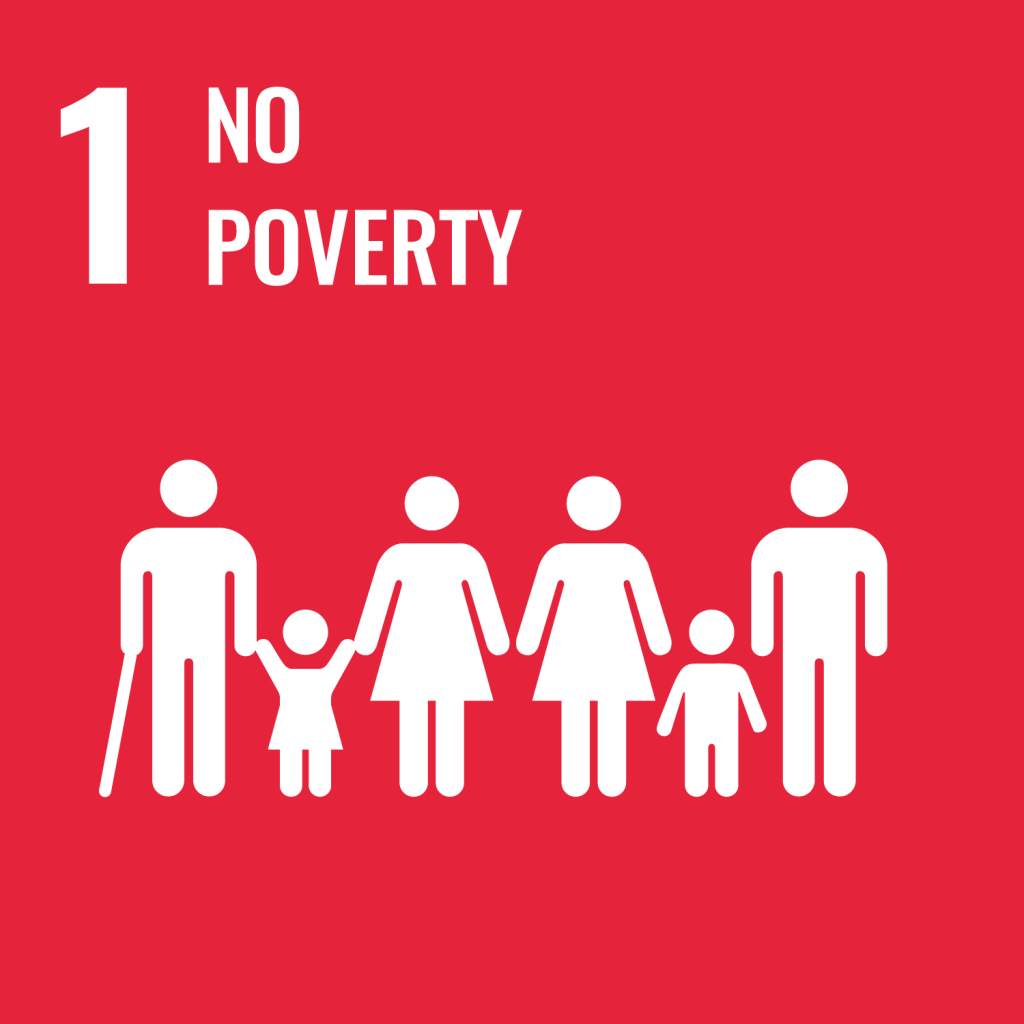
I am inspired by the efforts of organizations like the Dinker Agriculture Producer Company Limited (DAPCL) in Tapukara-Rajasthan, which works towards ending poverty through sustainable farm productivity and value chain development. The work of DAPCL interests me because I come from a farming background where the majority of the farmers live in poverty. Hence, I aim to improve the agri-sector in Ghana to help farmers living in poverty.

The impactful initiatives of Sightsavers in addressing the devastating effects of a parasitic infection causing blindness demonstrate the importance of ensuring access to treatment and prevention on a global scale. With people of my community having to deal with activities of pollution from factories and improper waste disposal, harming the health of both cocoa trees and the farmers, I intend to provide them with accessible and quality healthcare delivery to keep them healthy and enable them work effectively.
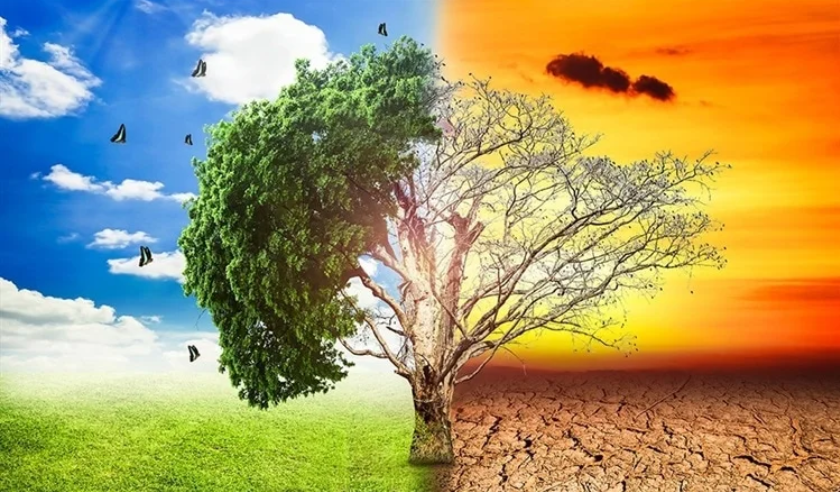
The signs of climate change are increasingly apparent in our world. We witness intense heat waves, longer fire seasons, droughts, and floods, all of which are outcomes of a warming planet. With the ongoing rise in global temperatures, these effects have the potential to significantly impact our overall well-being.
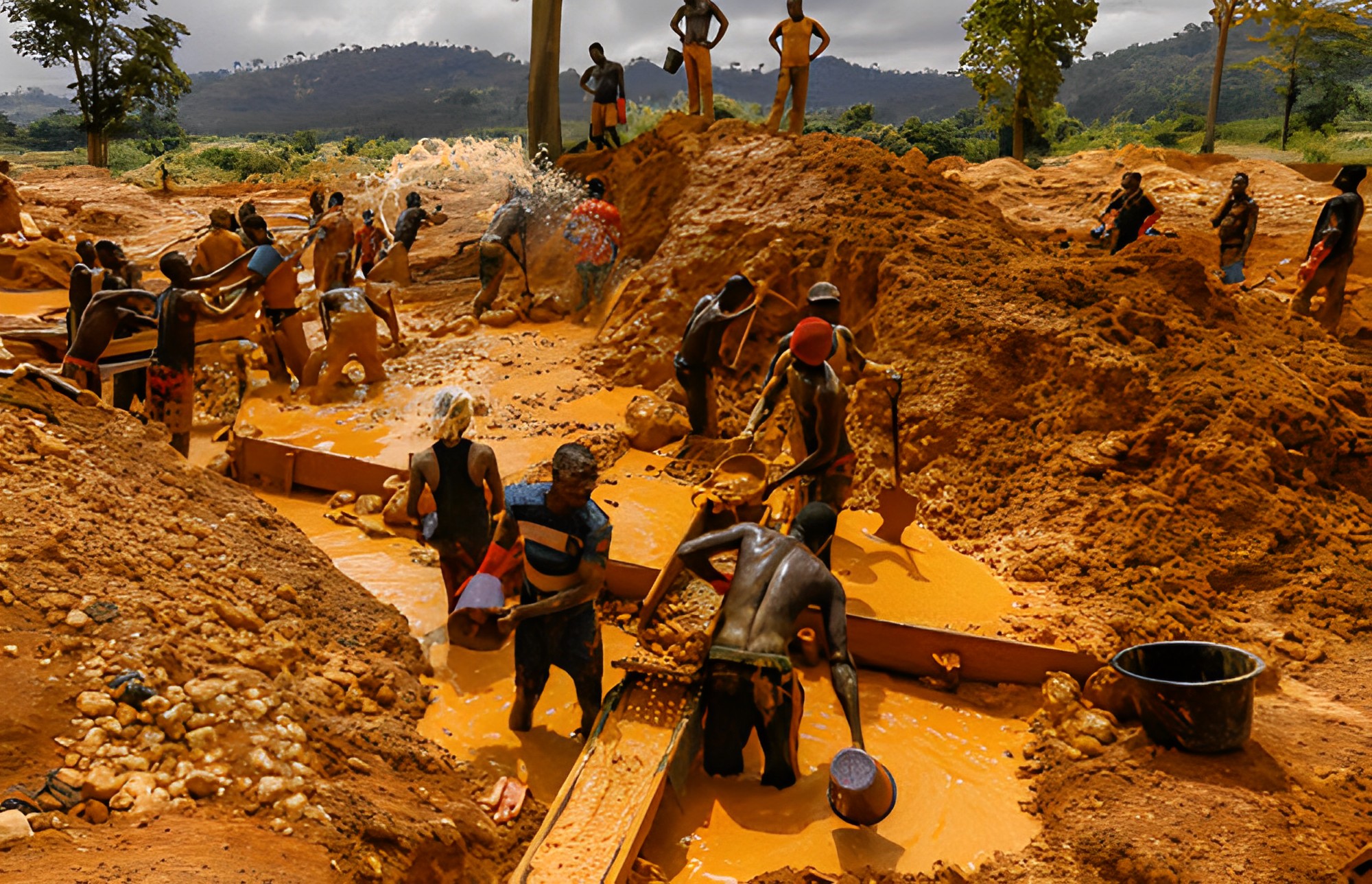
When he was nine, Frimpong started helping on his family’s cocoa farm by clearing weeds, planting cocoa beans, and carrying harvested cocoa to the place where it would be dried. He took over the farm when he was eighteen, dedicating his entire life to cultivating cocoa on his ancestral land in Oblogo, just like his parents and grandparents before him.
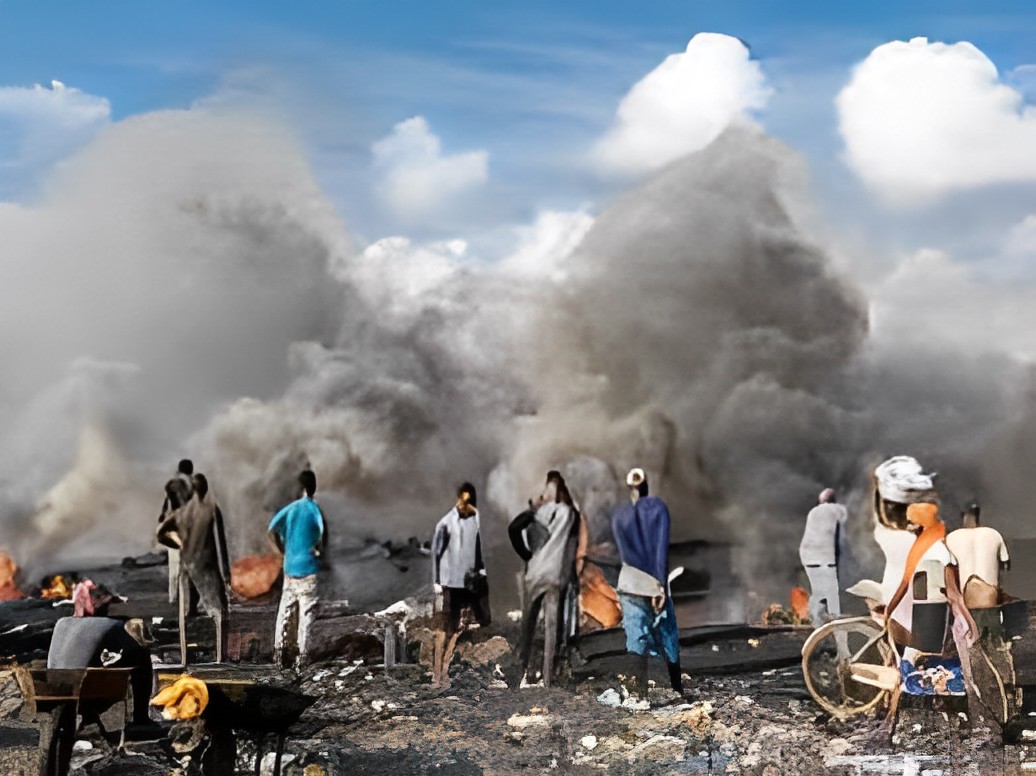
For her whole life, my grandmother has relied on cocoa farming as her primary source of income. Her farm, located near an industrial area, used to flourish with healthy cocoa trees, providing a bountiful harvest year after year. Then a nearby factory started emitting toxic pollutants into the air and water.
